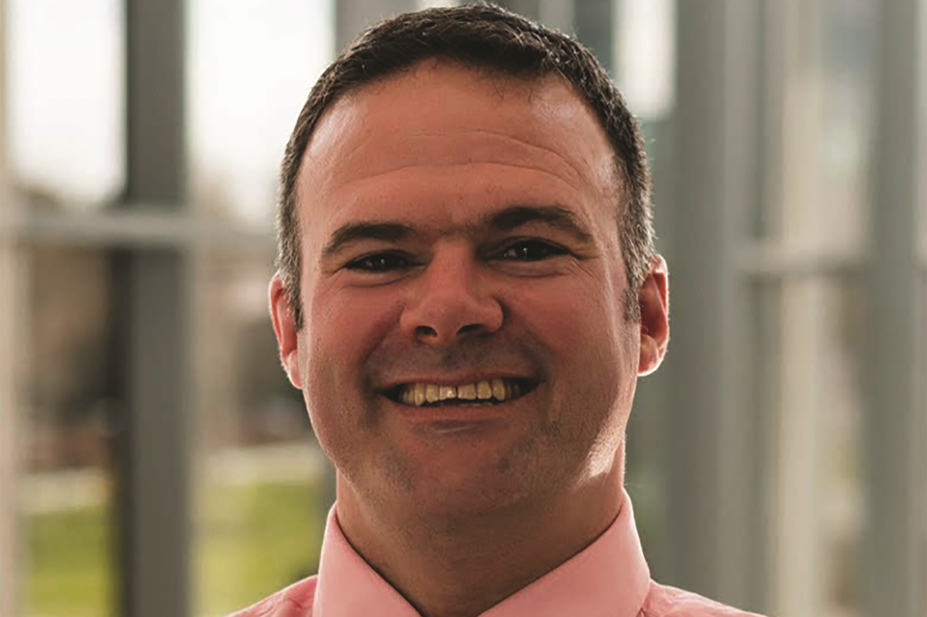
CCA
Proposals to move powers to regulate the role of the responsible pharmacist from ministers to the General Pharmaceutical Council (GPhC) have been criticised by the Pharmacists’ Defence Association (PDA).
The PDA has also criticised a proposal that would allow the regulator to create exceptions to rules which prevent responsible pharmacists from being in charge of more than one pharmacy at a time. And the Royal Pharmaceutical Society (RPS) has said it will challenge the GPhC to make sure there is a ”defined and specific description” of these exceptional circumstances.
The PDA expressed its view in its draft response to the second part of a two-pronged 12-week UK-wide government consultation, which closed on 11 September 2018.
The first part seeks to extend the new legal defence for inadvertent dispensing errors, which came into force for community pharmacists in April 2018, to cover pharmacy professionals working in hospitals and in other services. The second part clarifies the roles of responsible pharmacists and superintendent pharmacists in primary legislation in terms of the governing of registered pharmacies.
Other pharmacy organisations, including the Company Chemists’ Association (CCA), welcomed the government’s proposals to move from legislation to regulation, saying in its response that in the past legislation has been “too inflexible to adequately support the development of pharmacy”.
Malcolm Harrison, chief executive of the CCA, said that “any changes must enable the further evolution of community pharmacy services”.
He added that the CCA also continued to support the principle of ‘one pharmacy, one pharmacist’, but that the proposals presented an opportunity to “unlock the potential” provided by the whole pharmacy team to better deliver timely and cost-effective services.
However, he added that more clarity was needed from the government about the proposed roles and responsibilities for superintendent and responsible pharmacists, together with other company officials.
In its response the RPS also agreed with the principle of moving from legislation to regulation to give more flexibility for other changes in future as pharmacy practice evolves, but said that there should still be recourse to the Privy Council and Parliament when necessary.
The RPS welcomed the government’s clarification of the roles of superintendent and responsible pharmacists, adding that superintendents must have authority and autonomy over the professional aspects of the pharmacy business and that this should be “enshrined in legislation”.
It also added that standard operating procedures and the sale and supply of all medicines from the pharmacy should be the responsibility of the superintendent and not the responsible pharmacist.
The RPS also issued a further statement on the issue, with RPS president Ash Soni stating: “The RPS has always been clear that every pharmacy should have a responsible pharmacist.”
He added: “We will be challenging the GPhC to make sure there is a defined and specific description of the ‘exceptional’ circumstances where pharmacists, not employers, would use their judgement to make sure patients have access to essential medicines. The majority of the members we engaged with over the consultation period were clear that it was only in emergencies that a responsible pharmacist could be responsible for more than one pharmacy.”
In its response to the government proposals, the National Pharmacy Association (NPA) said that any regulations relating to supervision and the role of the responsible pharmacist must permit the profession to “move on and deliver services efficiently”, and that public safety and ready access to a pharmacist must be regarded as being of “uppermost priority”.
But the NPA reiterated its view against the practice of remote supervision in “almost any circumstance” and said that the responsible pharmacist must be able to make decisions regarding the safe running of the pharmacy.
Regarding the government’s proposals for extending the new defence for dispensing errors from community pharmacists, most pharmacy organisations were in support of the attainment of parity between hospital and community pharmacy sectors with regard to criminal defence for inadvertent errors.
The RPS response said that “all pharmacy services which are governed by a chief pharmacist or equivalent pharmacist role should be eligible for the defence and the legislation”.
But although the defence proposals were “better than nothing”, the PDA said that it would have a preferred “a much more ambitious approach from the government”, and that pharmacists remain vulnerable to criminal prosecution for inadvertent errors under other areas of medicines law and in situations where the defences don’t apply.

